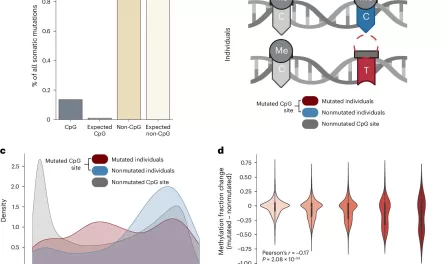A recent study published in the Annals of Internal Medicine reveals that behavioral interventions aimed at reducing unnecessary medical testing in older adults do not lead to lasting reductions in certain areas of care overuse. While the intervention had a durable effect on reducing urinary overtesting, it did not sustain long-term changes in prostate-specific antigen (PSA) screening practices among older men.
The research, led by Lucia C. Petito, Ph.D., from the Northwestern University Feinberg School of Medicine in Chicago, investigated the persistence of the effects of clinical decision support (CDS) after discontinuation. The study focused on three key areas of overtesting and overtreatment in older adults.
Conducted as a pragmatic, cluster randomized controlled trial, the study involved 60 primary care practices in Chicago. A total of 371 clinicians participated, receiving either an intervention (CDS integrated into electronic health records) or serving as a control group over an 18-month period.
Findings indicated that, after the intervention ended, the rate of PSA testing per 100 eligible patients increased in the intervention group, suggesting a rebound effect. However, the intervention maintained its impact on reducing urinalysis and urine culture testing, as the lower rates observed during the intervention persisted in the postintervention period.
Additionally, at the start of the postintervention period, the intervention group showed a slight decrease in diabetes overtreatment rates compared to the control group. However, by the end of the study, there was no significant difference between the two groups.
The researchers conclude that CDS interventions aimed at minimizing low-value care should either remain in place or be implemented periodically to avoid alert fatigue while maintaining effectiveness.
Disclaimer: This article is for informational purposes only and does not constitute medical advice. Readers should consult healthcare professionals for medical guidance related to overtesting and overtreatment practices.











